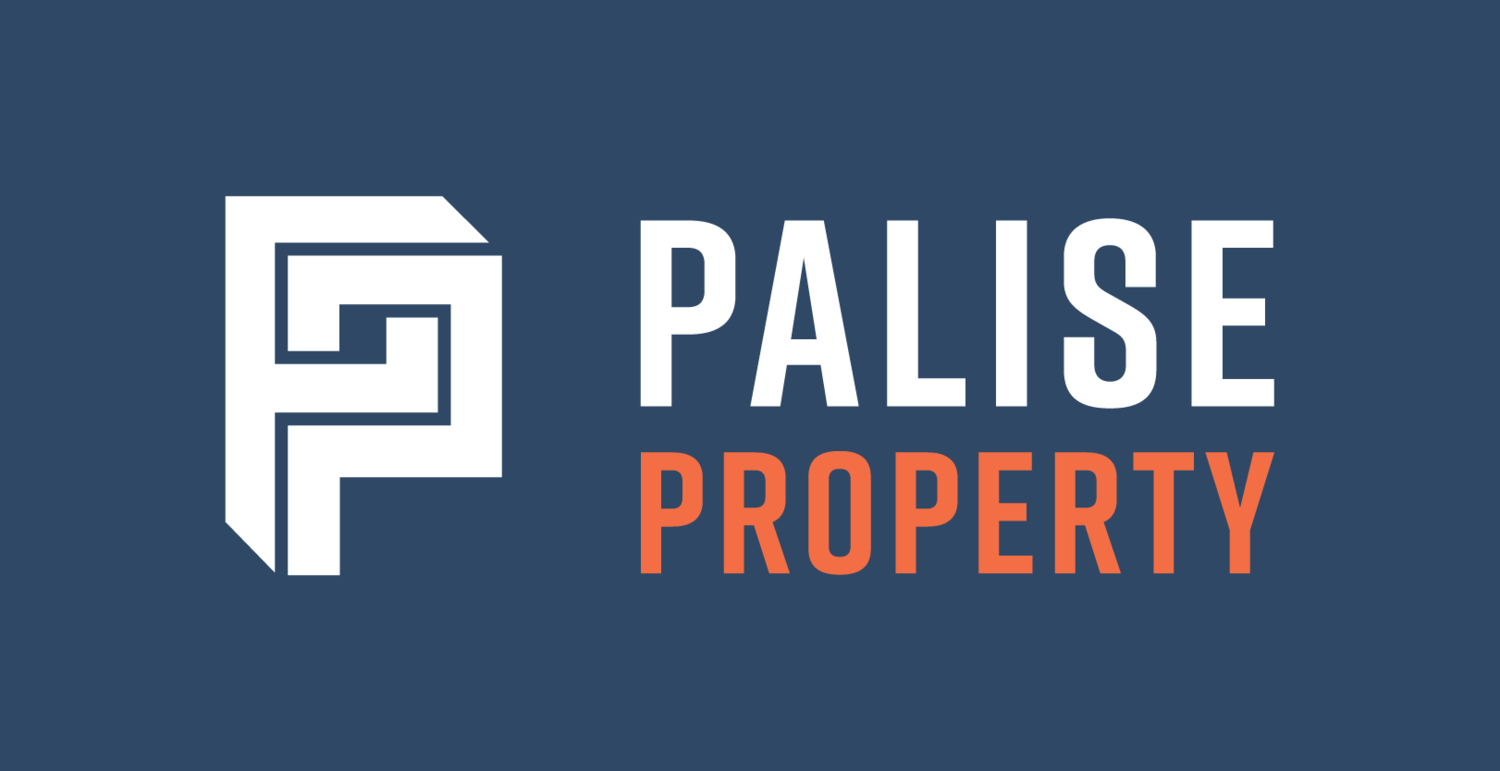6 Essential Steps You Need to Complete Before You Invest in Commercial Property
Commercial property investment can be a fantastic way to secure long-term financial stability and build wealth. However, it's crucial to take necessary measures before committing your resources.
In this guide, we've outlined six important steps you can take to help you succeed in commercial property investment rather than blindly taking the plunge.
If you incorporate these steps into your decision-making process, you'll have the confidence and assurance that your commercial investment will pay off in the end.
1. Assess Your Current Financial Position
First, you need to know your current financial standing:
Cash on hand. How much cash do you have to invest?
Income. What is your income? How stable is your employment? What is the longevity of your paid employment?
Cash flow. Analyse your present cash flow from your assets – property, cash, shares, businesses, superannuation and so on – compare this to your liabilities. Do you have property or business loans? Car loans? Credit cards or personal loans? What are your financial family commitments?
Borrowing capacity. Speak with a broker or lender to determine how much you can borrow.
Credit rating. Find out your credit rating. In Australia, there are three reporting agencies from which you can obtain your credit rating report: Equifax, Illion and Experian.
Your risk profile. Analyse your risk profile, how much buffer would be required and how much financial stress you can handle. A financial adviser can help with this.
2. Work out your purchase price range
The second step is to determine what price you’ll be able to pay for a property based on your current financial position.
Speaking with a broker or lender can give you an indication based on your personal circumstances.
Assuming you have borrowing capacity, if you’re using cash savings, a quick check is to work backwards and divide that figure by 0.35 to determine a possible purchase price. The 0.35 represents a 30% deposit plus about 5% in purchase costs.
Weigh up whether it’s better to buy a cheaper property or two now or wait until you can afford a more expensive one that may be of higher quality.
3. Decide whether you’re a passive or active investor
Next, think about whether you’d be best as a passive or an active investor:
A passive investor wants the property to perform as well as possible with a minimal investment of time.
An active investor has the time and the inclination to be closely involved in searching for a property and adding value to it.
You need to know where your time is best spent. For example, engaging a buyer's agent could be a good option if you’ve decided you’re an active investor but don’t have enough time to devote to the process.
My clients engage me to do the legwork for them: researching properties, running the numbers, and presenting them with different purchase options.
4. Set Some Goals
Your goals will depend on where you are in your life, your risk profile, how aggressive you want to be, what you want to achieve (portfolio size, cash flow and so on), and over what time frame.
Also, remember that your goals cannot be only about the money – what will make you happy while you’re building wealth and after you achieve the level of wealth you’d like?
Write down your goals, be flexible along the way, and reward yourself as you reach each milestone. A buyer’s agent or financial adviser can assist you with setting these goals.
5. Develop a Plan
Developing your own plan is about looking at the numbers required to reach your goals and then working backwards from there.
It can be helpful to consult a financial adviser at this point to draw on their experience and knowledge and ensure your plan is achievable.
6. Build Your Team
Purchasing commercial property isn’t something you can or should do solo: choose a team of trusted individuals to assist you through the process.
There are multiple ways to find your team; referrals and online searches are the most common. However, one of the better methods is to find successful investors and ask them who they use.
When vetting individuals and teams, look at their qualifications, but also consider:
Do you like them? This is very important, as is the reverse – because if they like you, they’re more likely to work harder for you.
Do they sound competent and confident?
Do you feel you can trust them? Assess what personal benefit they’ll get from your business.
Do they have good communication skills, and do you feel they’ll deliver when they say they will?
A great finance broker or bank manager, accountant, buyer’s agent, solicitor, property manager, town planner and valuer can often be worth their fees. A mentor (paid or unpaid) can also be invaluable.
Key Takeaways
Investing in commercial property is a major financial decision and requires many considerations. Following these six essential steps will help set you up for success and a fulfilling and meaningful commercial property investing journey.
If you would like more information on this topic, check out our best-selling commercial property investing book or get in touch today.
